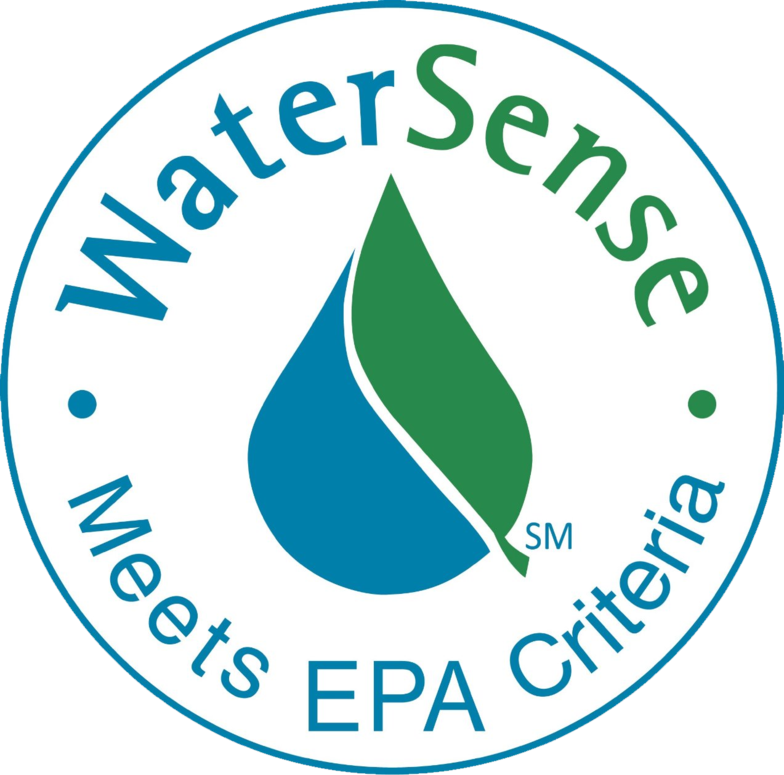
The Town of Orangeville is dedicated to providing safe, clean water. We take pride in our drinking water system and in finding innovative ways to preserve and protect our waters. Our Source Water Protection Plan plays a major part in caring for this natural resource for our Town.
Water conservation is about more than just preserving our water sources. It informs every aspect of water usage in our Town, from managing wells and standpipes to teaching our community how they can contribute.
At home, there are countless ways to help conserve water. Whether working around the yard, cleaning up outdoors, or doing daily chores in your house, being mindful of water use can make a significant difference.
How can you help to conserve water?
Conserving water can sometimes seem like a daunting task, but often the changes we make are small in nature but big in impact. Here are some of the things to consider at home, in your yard, and in your workplace.
| |
|
 Outdoor Work Outdoor Work |
|
| |
|

Watering your lawn
Lawn watering plays a significant role in water conservation efforts, environmental sustainability, and keeping your grass and yard healthy.
The Town of Orangeville’s Lawn Watering By-law (By-law 2024-040) regulates the use of water for lawns and gardens.
What you need to know:
|
Like the previous By-law, the day you can water your lawn is based on the last digit of your municipal address. Lawns may be watered between 5 to 8 a.m. and 7 to 10 p.m. on your designated day. Property Schedule Ending in:
|
|
Water Devices These include devices that are connected to a direct water source from the Town’s drinking water systems, such as:
Hand Watering Devices This includes containers that are not connected to a watering device but still apply water, such as a watering can. |
| Newly planted sod can be watered for a maximum of three hours within the first 24 hours after the sod has been laid. |
|
Many plants and gardens require watering more frequently. The bylaw allows exemptions for the watering of the following:
|
Frequently asked questions - understanding the bylaw
|
Q. Why was the change made to the By-law? |
| By-laws are often reviewed to make sure they line up with the Town’s current needs – the Lawn Watering By-law was due for a review. Staff assessed the existing By-law based on the current impact on the Town’s drinking water system. |
| Can I water my flower gardens daily? |
| Yes – a hand-watering device, such as a watering can, may be used to water outdoors at any time. On your designated day, you can use your hose to water outside, during the hours of 5 to 8 a.m. and 7 to 10 p.m. If you plan on watering your grass, we recommend positioning the sprinklers so that your gardens are watered as well, reducing the amount of water and time of use. |
|
When filling my watering can, can I use the hose to do so? |
| Yes! The By-law aims to conserve water – not regulate gardening. Filling your watering can creates a smaller impact on our drinking water system than running the hose consistently while watering. Another option is to utilize a rain barrel to fill your watering can. |
| What do I do about vegetable gardens, new trees, or plants that require watering daily? |
| Exemptions have been built into the By-law for these situations. You may use your hose to water vegetable gardens, newly planted trees, public gardens and hanging baskets, nurseries, farms, turf and tree farms, playing fields, and parks outside of your designated day. |
| Does the Town of Orangeville sell rain barrels? |
| The Town is looking at implementing a Residential Rain Barrel Program as soon as possible. A feasibility study is also under way at Dufferin County. Currently, rain barrels can be purchased at retailers like Home Depot and Canadian Tire. |
| If my lawn turns brown, can I water more frequently? |
| Continue watering just once a week. A brown lawn isn’t dead, just dormant, and can survive several weeks in this state. |
| Shouldn’t I be watering my lawn more frequently to keep it healthy? |
| Best practices determined through research, and promoted by the Federal Government, Ontario Government, and many landscapers, indicate watering just once a week is key to a healthy lawn. Overwatering increases the chances for disease and growth problems. |
| How much water does my lawn actually need? |
| Lawns only require one inch of water per week, when no rainfall has occurred. This encourages deep, healthy roots. If it has rained throughout the week, your lawn will have received enough water to thrive. Leaving a small container (such as a tuna can) on your lawn while watering can help you identify when your lawn has enough water for the week. |
| How does this impact our drinking water system? |
| By reducing lawn watering to one day a week for all properties, it is estimated we will see a reduction of 8-12% in peak day demands. It is critical to reduce peak day usage to ensure the demand does not exceed the Town's ability to produce and treat water during sustained dry periods in warmer summer months. |
| Why is there so much concern over how much water we have? |
| The Town relies 100% on well water. Currently, several of our 12 wells are more than 45 years old and three of our wells provide approximately 55% of our water. The changes will help reduce maximum peak demands on our drinking water system, helping with sustainability. |
| If there is such a large need for water conservation, why is the Town still allowing developments to move forward? |
| The lawn watering by-law will help reduce maximum peak day demands, rather than average day flows. New development has little effect on Maximum Peak Day Demands and more on average day flows. |
If you have a question that has not been addressed, please email us at [email protected].
By-law Enforcement
With the implementation of the new By-law, our focus will be on education ahead of any enforcement. Our Bylaw and Public Works staff will help residents understand the new Lawn Watering By-law (By-law 2024-040) and how it applies to any watering they may be doing.
Well 10 Shutdown
Update May 2024
Well 10, located in the Rolling Hills area, is still offline.
The Town has undergone a pilot study in order to determine the best current technology and filtration system for the water source and has identified a preferred option.
We are working on obtaining approvals from the Ministry of Environment, Conservation and Parks for upgrading the filtration system.
Background
On June 30, 2023, we received reports of water discolouration in the Rolling Hills area.
Investigations determined the filtration equipment for Well 10, which services this area, was no longer removing iron and manganese from the water as well as it should and Well 10 was removed from service.
Ongoing water testing indicated water in this area (and throughout the Town of Orangeville) is safe. Iron and manganese have no current maximum acceptable concentration limit (O.Reg. 169/03 Ontario Drinking Water Quality Standards), only aesthetic objectives.
Well 10 is responsible for providing 11 per cent of the Town of Orangeville's water, which means conservation during the shutdown is even more important.
Toilet rebate program
Please note our toilet rebate program has been retired as of Dec. 31, 2025.

